Linen is the oldest type of lightweight fabric. And you won’t find a better fabric for hot summer weather. But something unpleasant happens: the purchased item turns out to be prickly and uncomfortable to wear. Let's figure out whether the situation can be corrected and how to do it.
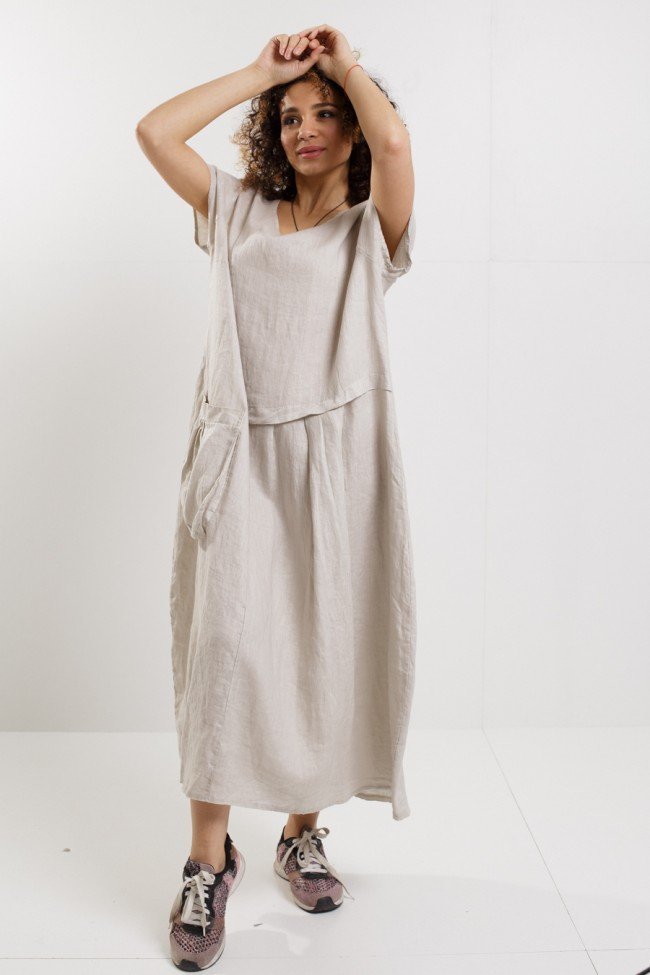
Why is linen fabric itchy?
To look for solutions to a problem, you must first find out why it occurred. Linen fabric can be pricked for the following reasons.

- Low quality of source material for making fabric.
- Other fibers added to the fabric.
- Improper care.
Let's look at each of these points in more detail.
How does the type of flax affect quality?
Be sure to ask what linen your clothes are made from.
The material is obtained from a special plant: fiber flax. The quality of matter can vary not only due to different growing conditions of the plant, but also taking into account the methods of its processing.
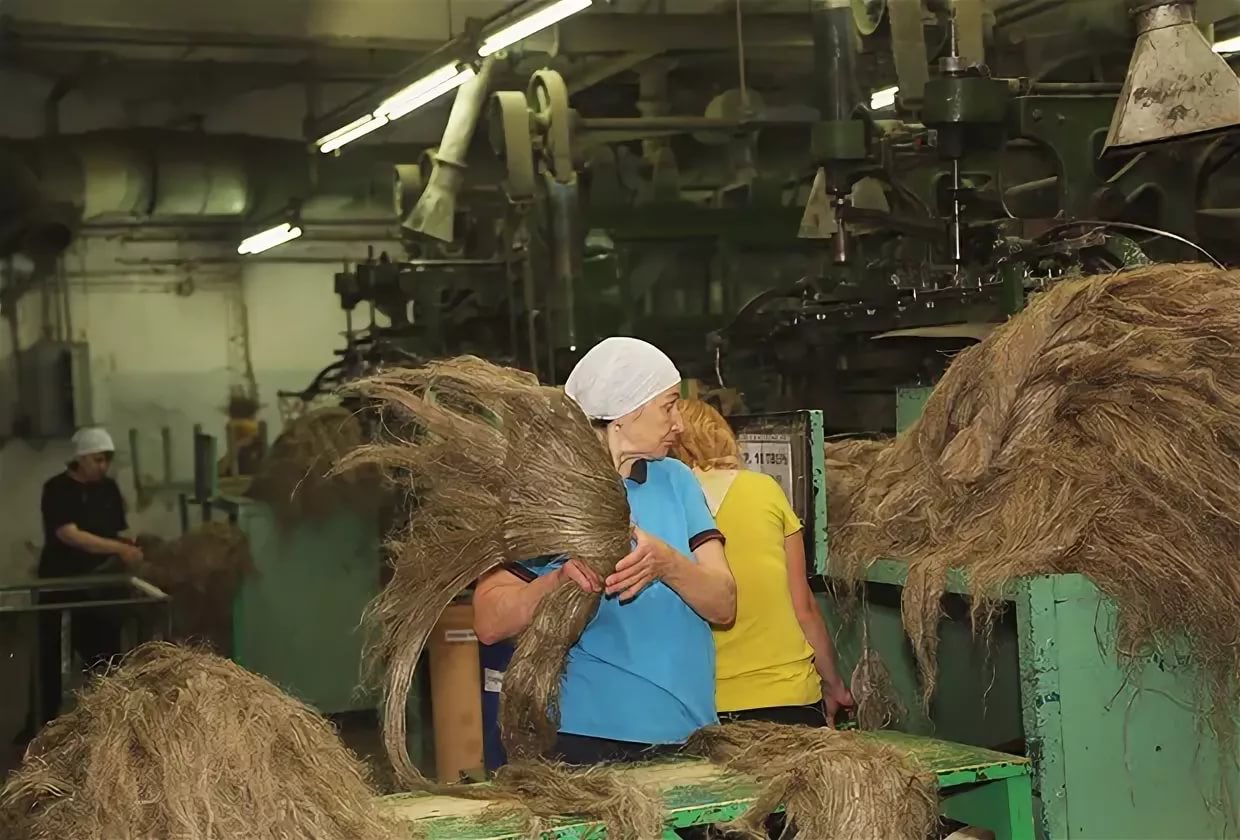
For production, the stems of flax that have reached the required maturity are collected and processed. The resulting fibers are carefully combed and get two types of threads.
- Delicate high-quality yarn for sewing clothes and household items (for example, bed linen).
- The remaining tow is used for yarn for the production of burlap and technical fabric.
Important! The worse the fiber is combed, the lower the quality of the resulting fabric.
Fabric structure
The strength of the material is ensured by the substance contained in flax fiber - lignin.. In addition to it, the fabric contains other components: cellulose, of which about 80% is present in the fiber, vegetable fats, etc.
Reference! It is the lignin content that affects the stiffness of the fabric. The more it is, the coarser the matter.
Which flax is more likely to prick?
Flax is a capricious plant that prefers certain natural conditions. And the tactile properties of the fabric will depend on the area and climate in which it grew.
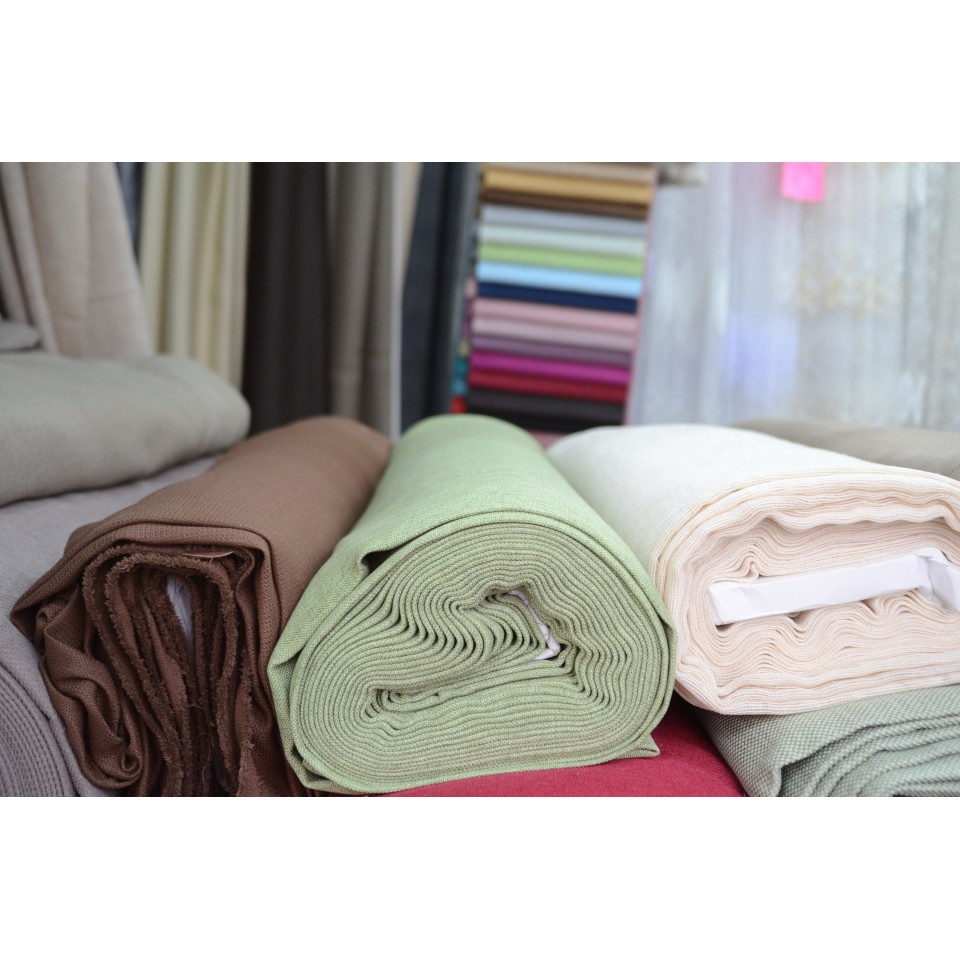
Foreign paintings
- Ireland is considered to be the producer of the highest quality linen fabric.
- France is second in terms of indicators.
- Italy came next in quality.
- China and other Asian countries close the list.
Russian flax
It is worth mentioning separately about Russia. It is not included in this list because, according to experts, Our country produces both high-quality and low-grade fabric.
How to soften a scratchy linen dress
Of course, the quality of clothing should be considered at the purchasing stage. But if it’s already done, then don’t despair and put the item in the closet. It is enough to resort to little tricks, and you can wear clothes without fear of discomfort. We'll show you how to soften scratchy fabric.
Fabric softener
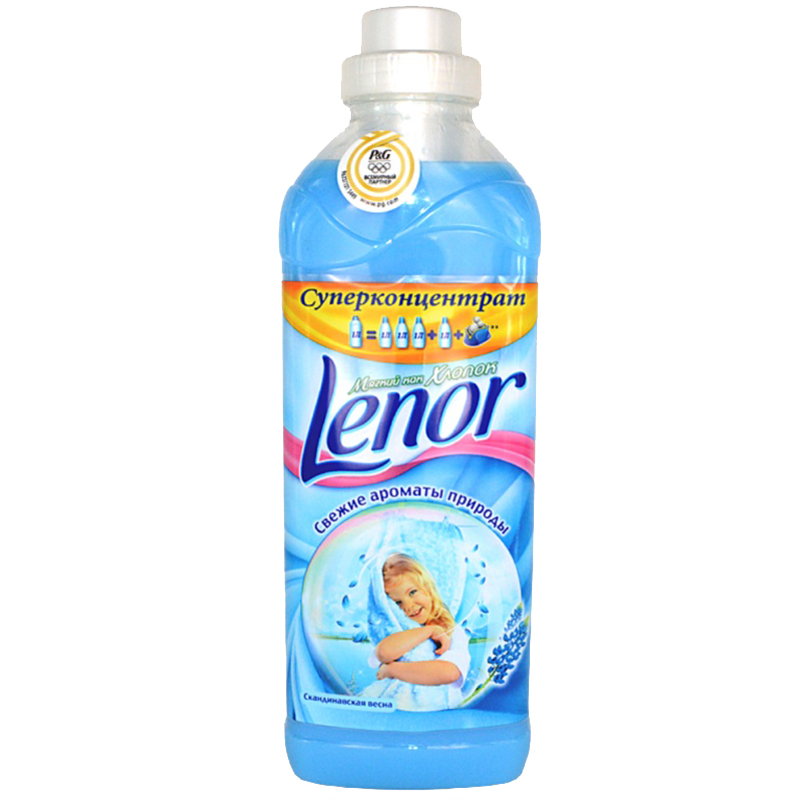
- Soak clothes in warm water with added conditioner for half an hour.
- Wring out and place in the washing machine.
- Add the product to the desired compartment.
- Select the appropriate program.
- If necessary, perform the procedure several times.
Boiling with soap and soda
This method is quite aggressive, therefore, if the fabric is brightly colored, it is better not to use it.
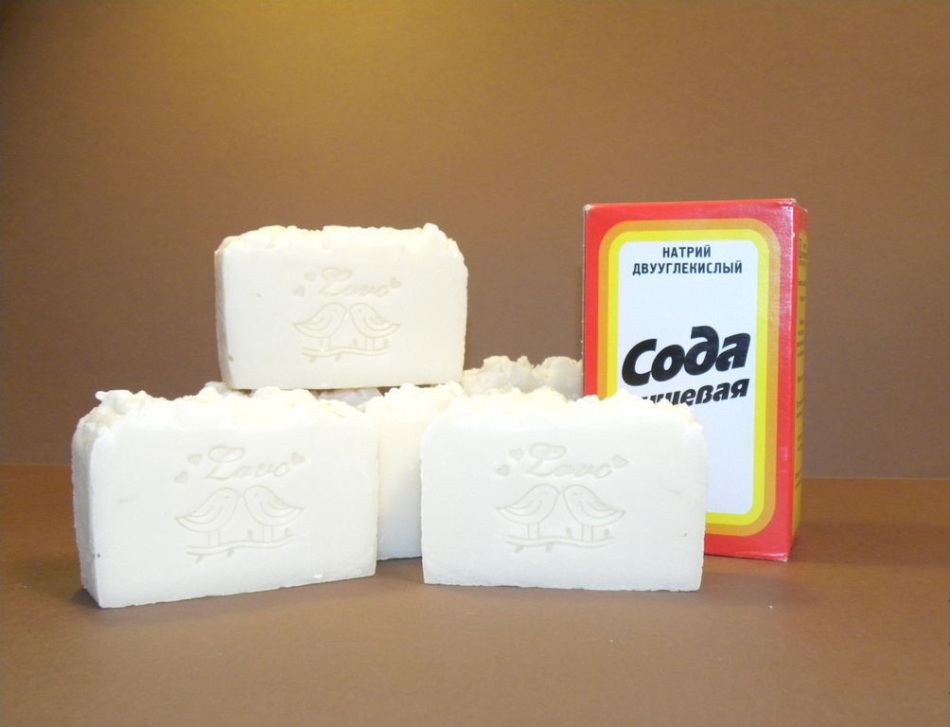
For processing Both regular baking soda and the calcined version will do.
- Use 3 tbsp per bucket of water. l. grated laundry soap and a spoonful of soda.
- Prepare the solution and bring it to a boil.
- Let's put clothes in it and simmer over low heat for 30 minutes.
- Then rinse in clean water with the addition of a spoonful of vinegar (it will help wash away any remaining soap from the fabric).
Rinse with conditioner and freeze
Another great home remedy is a conditioner. By adding it every time you wash, you can get rid of the prickliness.
You can soften rough linen by placing the material in the freezer after washing with fabric softener for a day.
Reference. Under the influence of cold, the fibers expand and the material becomes softer as a result.
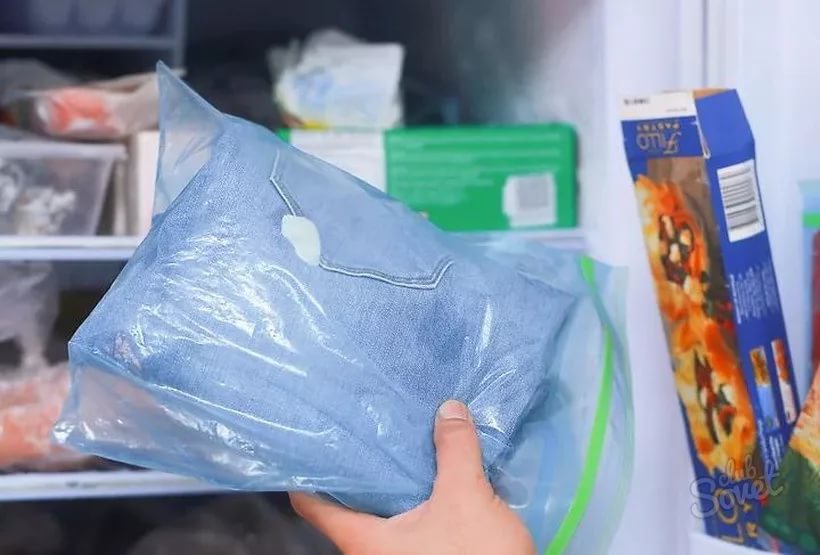
Lining
The lining layer will help protect the skin from the rough surface of the fabric. It is usually made from synthetics. This option is especially suitable for trousers, jackets and jackets. For a skirt, a petticoat can serve as a good replacement for the lining. The beauty of this piece is that the same petticoat can be used for different skirts.
Water softening
Do not forget that the main cause of prickly and rough tissue is hard water. Therefore, for prevention, add softening agents when washing.
Remember the temperature conditions for washing and ironing, ensure proper care of the item, and then it will serve you for a long time without unpleasant surprises.


 0
0




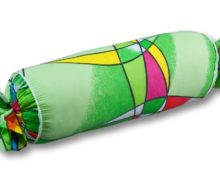

Hello! Thank you for the informative information about the different qualities of raw materials. Otherwise, the article caused slight bewilderment. I don’t know how the vegetable fats contained in linen fabric affect tactility, but it is a fact that linen dresses can be washed in water at temperatures up to 30 degrees Celsius, not like boiling with caustic soda. The product becomes 2 sizes smaller when the temperature is above 40-50, what will happen to the dress if I take your advice?